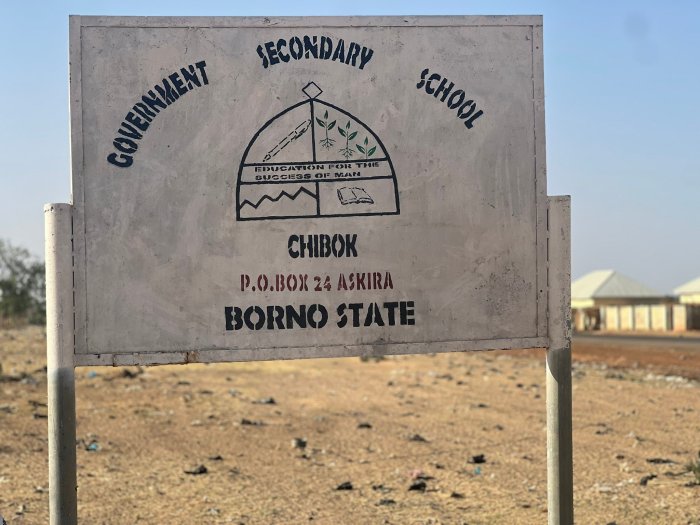El mes pasado, 137 familias de Kuriga, en el estado de Kaduna, Nigeria, dieron un suspiro colectivo de alivio cuando sus hijos e hijas regresaron a casa después de más de dos semanas de cautiverio terrorista.
Los niños fueron secuestrados en su escuela el 7 de marzo, cuando asaltantes armados invadieron el plantel justo cuando las clases estaban a punto de comenzar. La escuela informó que se llevaron a 287 estudiantes; sin embargo, el gobernador del estado de Kaduna, Uba Sani, ha intentado desde entonces descartar la cifra como “producto de la imaginación de alguien”, a pesar de que inicialmente él mismo citó la misma cifra.
De esto surgen algunas preguntas: ¿qué se está haciendo para confirmar que todos los estudiantes han sido efectivamente liberados? ¿Qué pasa con los miles de personas que han sido secuestradas por grupos terroristas en los últimos años? Y, por último, ¿cómo es posible que esto siga sucediendo una década después de que los secuestros masivos en Nigeria aparecieran por primera vez en la agenda internacional?
Continue reading “Después de diez años del secuestro de las niñas de Chibok, el gobierno nigeriano debe por fin proteger a las comunidades vulnerables “


